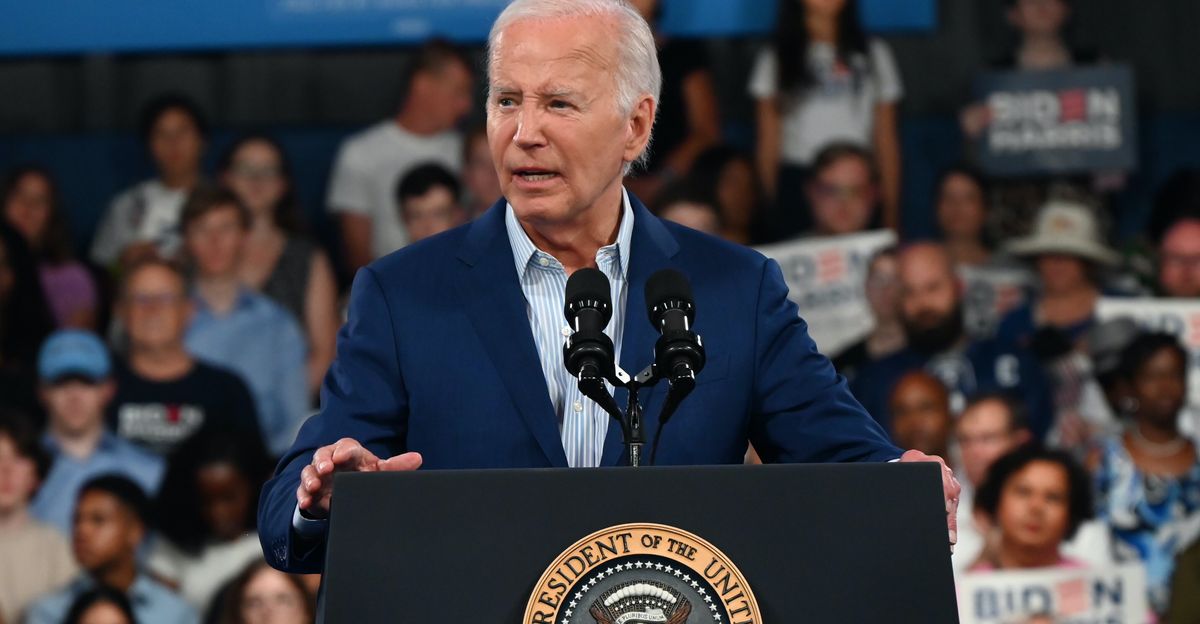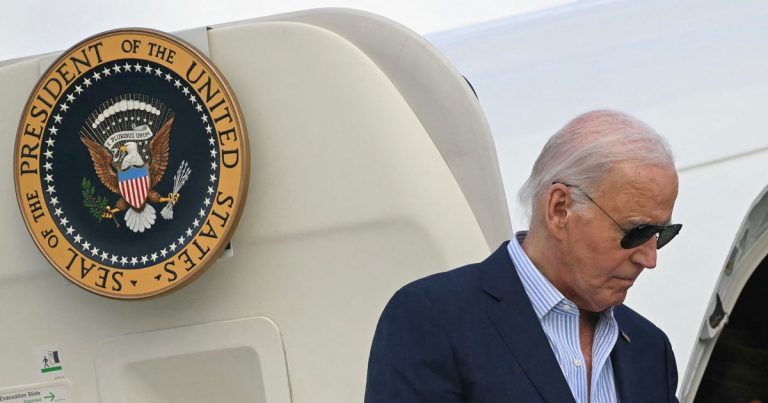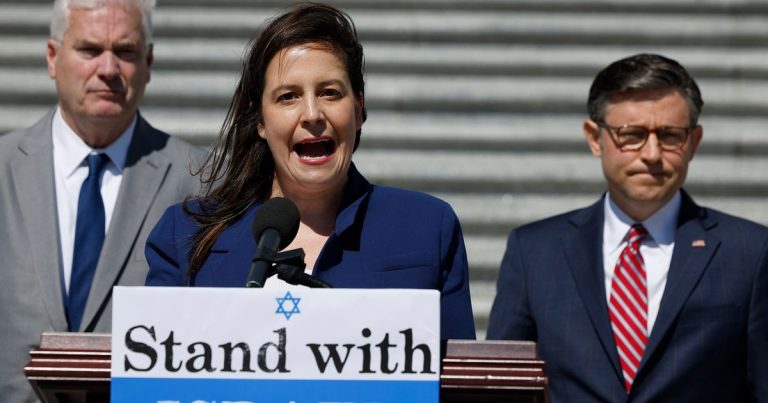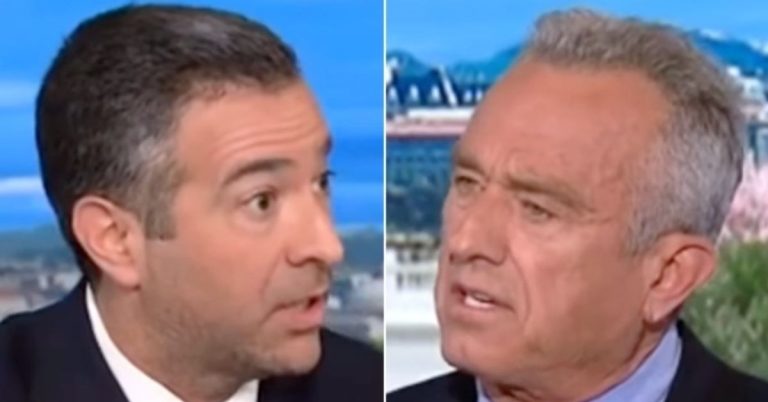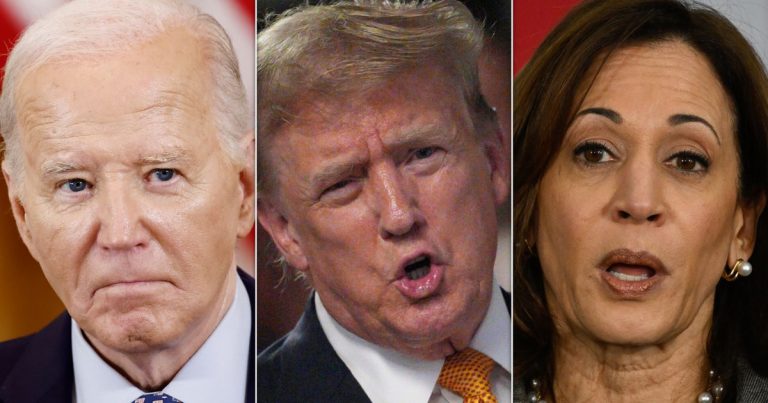Is it worth it for Democrats to remove Joe Biden despite potential chaos?
After President Joe Biden’s lackluster debate performance, some prominent Democrats are considering whether he should step aside and allow a younger candidate to take his place to better challenge Donald Trump in the upcoming election.
The process of replacing Biden is complex at this stage, as he has already secured enough delegates to win the nomination. Party leaders do not have the power to force him out, so Biden would need to voluntarily withdraw from the race.
Despite speculation, Biden and his campaign have shown no willingness to exit the race. In fact, he remains defiant and confident in his abilities, emphasizing his commitment to telling the truth. Former President Barack Obama has also expressed support for Biden, indicating a united front among party members.
If Biden were to change his mind, doing so before the Democratic National Convention in August would be more straightforward. At the convention, if no nominee is present, delegates would have the freedom to choose a candidate, including the possibility of the 749 “superdelegates” casting votes on the second ballot.
In such a contested convention, candidates would compete to win the support of various party members and factions, making it a chaotic and unpredictable process. Party leaders may try to guide the proceedings, but without the same control as in the pre-reform era, where patronage jobs and political perks influenced delegate decisions.
The Democratic Party today is less divided ideologically but has a challenge in selecting a candidate who is both electable and unifying. Vice President Kamala Harris is a natural successor to Biden, but concerns about her electability remain, given her previous failed presidential bid and lukewarm approval ratings.
Other potential candidates like California Gov. Gavin Newsom, Michigan Gov. Gretchen Whitmer, Illinois Gov. J.B. Pritzker, and Pennsylvania Gov. Josh Shapiro offer alternatives, but choosing anyone other than Harris may alienate key Democratic constituencies.
From a practical standpoint, nominating Harris would allow Biden to transfer campaign funds seamlessly, while selecting a new candidate could pose logistical challenges with existing financial commitments. Withdrawal after acceptance at the convention would further complicate matters, given ballot access restrictions in many states.
The prospect of Biden withdrawing raises legal and logistical obstacles, with potential challenges to a new nominee’s candidacy even if they are chosen to replace Biden. Party officials may resist nominating Biden only for him to withdraw later, unless health concerns are the primary reason.
Ultimately, the decision of whether Biden should remain in the race rests with individual delegates, who must balance electability, unity, and the desire to defeat Trump. With no clear consensus on an alternative candidate, party elders may opt to maintain the status quo, reflecting a risk-averse approach to a challenging situation.


